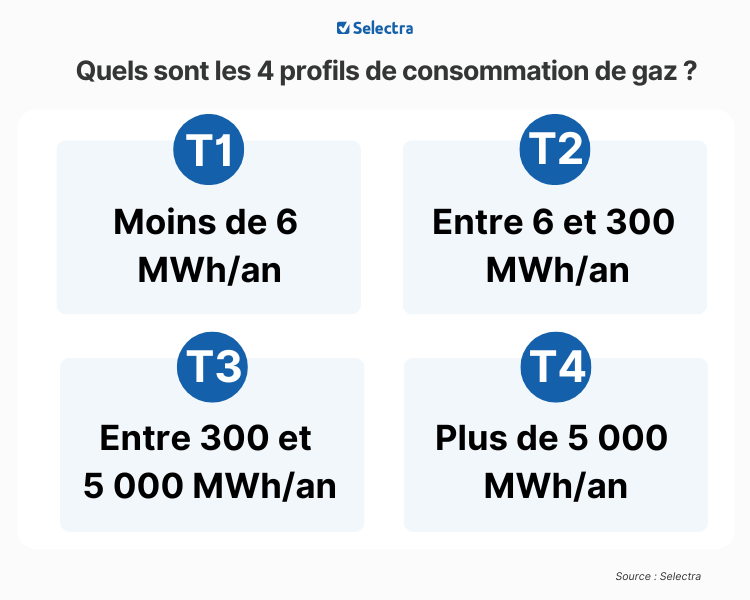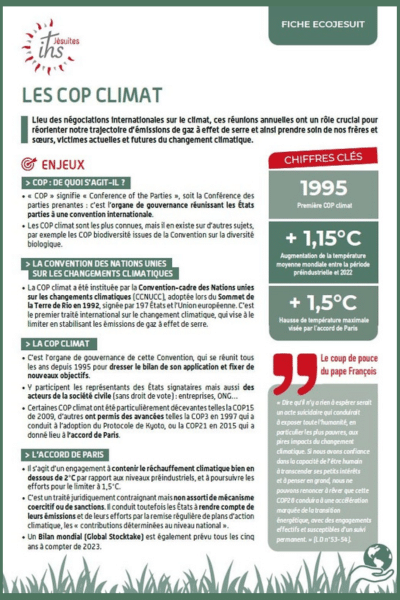
A group of experts convened by the UN recently published a comprehensive practical guide to assist governments and industry in the energy transition. This document, entitled “Renewable Energies: A Practical Guide for Parliamentarians,” highlights the various renewable energies to be developed, their benefits, and their challenges. This article explores the recommendations of the guide, its potential impact on global energy policies, and the means to successfully achieve this energy transition while ensuring justice and equity.
A promising but insufficient state of affairs
In 2021, the consumption of renewable electricity increased by more than 6% compared to the previous year, representing 28.2% of total consumption. However, despite this notable growth, the race for renewable energies is not yet won. Access to energy is declining for the first time in ten years, highlighting the need to accelerate the energy transition.
A guide to succeed in the energy transition
The new practical guide, designed by the United Nations Development Programme (UNDP) and the Climate Parliament, presents a series of recommendations to anchor the renewable energy revolution in justice and equity. These recommendations are crucial to encourage governments to take concrete actions and streamline the implementation of energy projects.
Diversity and benefits of renewable energies
The guide highlights the diversity of available renewable energy sources, including solar, wind, hydro, and geothermal energy. Each source has specific advantages that can be optimized based on local and national realities. Renewable energies are undeniably a key piece in the puzzle of combating climate change, as their continuous growth is essential to achieving net zero emission targets.
Strategy and planning
For each type of renewable energy, the guide proposes specific strategies to maximize their use and efficiency. For example, in France, the national strategy for energy and climate aims to double the deployment rate of non-electric renewable energy projects. These strategies aim to sustainably transform the energy mix and incorporate innovative solutions such as distributed energy and storage.
Economic impacts and future goals
The transition to sustainable energy solutions is not only beneficial for the environment but also for the economy. According to the International Renewable Energy Agency (IRENA), this transition could generate approximately $11.8 trillion by 2050. Furthermore, the targets set for 2030 and 2050 include a significant share of renewables in the global energy mix, with the ambition to reduce absolute greenhouse gas emissions by 50% by 2030 and by 90% by 2040 compared to 2021 levels.
The challenges ahead
Despite optimistic outlooks, several challenges still need to be overcome to successfully achieve the global energy transition. Risks include technological, political, and financial obstacles. It is imperative to mobilize strong international cooperation and ensure adequate financing for renewable energy projects. It is also about improving existing infrastructure and encouraging responsible consumption practices among populations.
On the path to a sustainable energy future
The report from the UN expert group and the practical guide for parliamentarians are essential tools to guide this transition. They provide a clear roadmap and solutions for an energy future where renewable energies play a key role. Governments, industries, and citizens are all invited to collaborate to accelerate this global race towards a more sustainable and equitable future.
Marine Le Pen: "Je veux arrêter les énergies renouvelables, parce que ce que vous appelez énergie renouvelable n'est pas propre et n'est pas renouvelable" pic.twitter.com/1sIAZqDCPi
— BFMTV (@BFMTV) June 5, 2024
Articles similaires
Thank you!
We will contact you soon.














